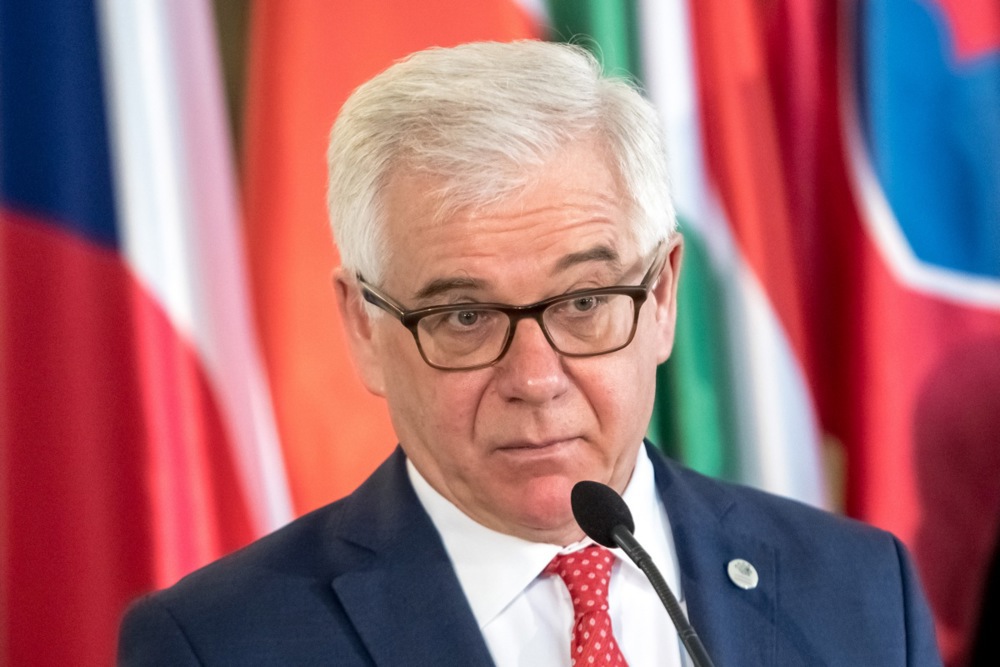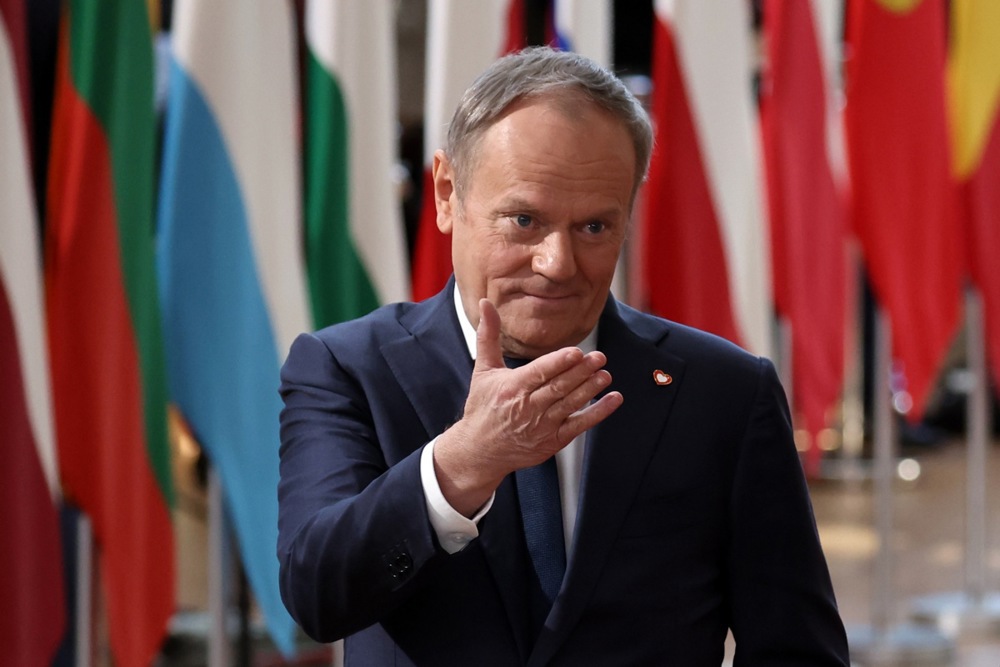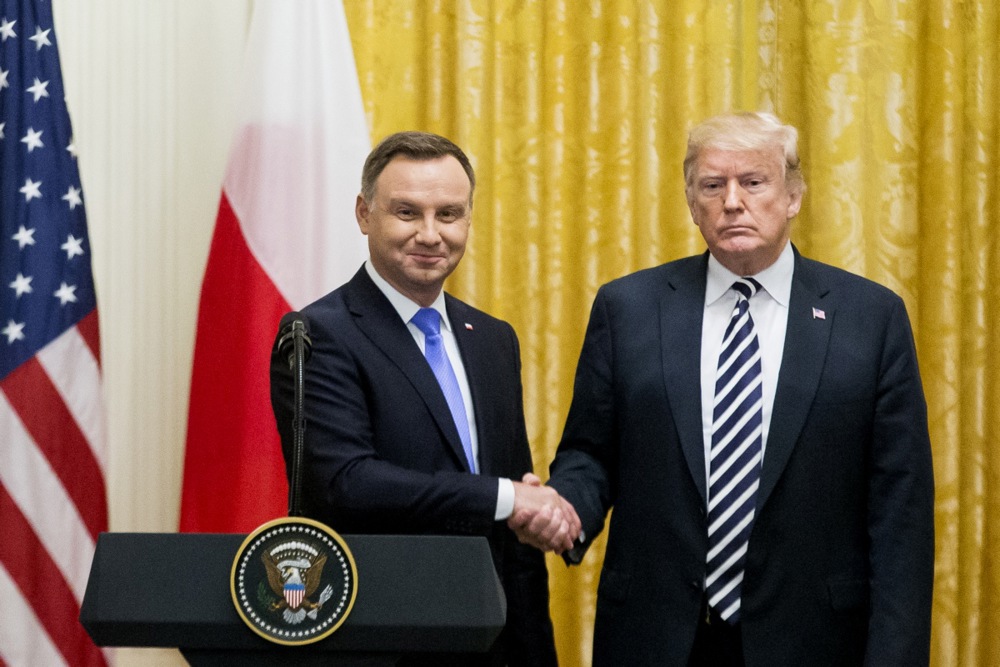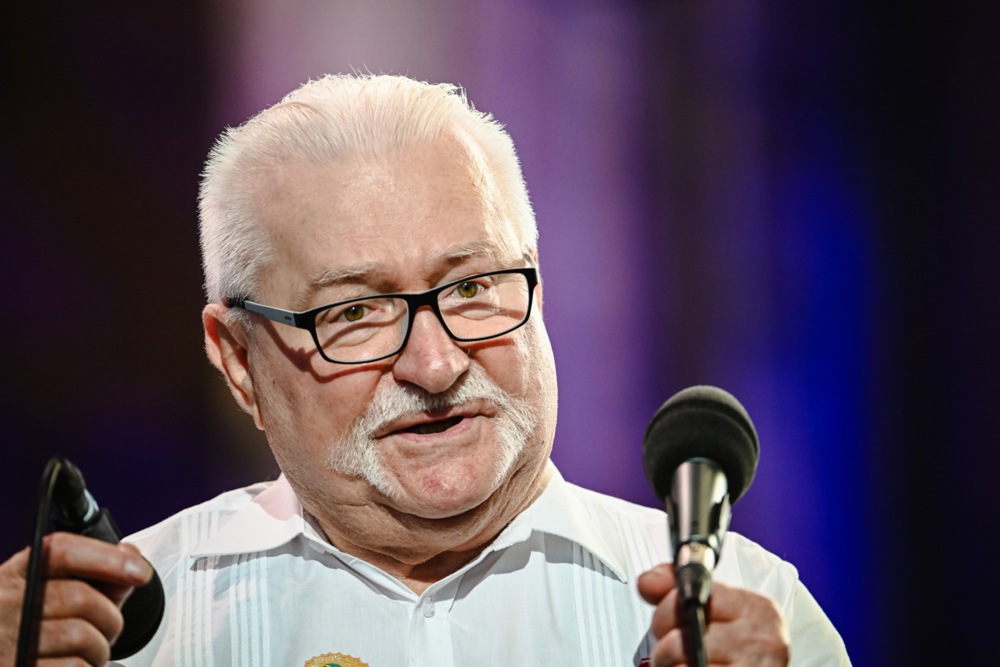Poland has denied claims from Donald Trump’s envoy for Ukraine, Keith Kellogg, that it could be part of a force deployed to Ukraine under a peace deal to end the war with Russia.
Speaking on May 13 about proposed peace talks between Ukraine and Russia in Turkey on May 15, Kellogg said he believed that they could lead to a “pretty fast” end to the war and that the deployment of a “resilience force” made up of “the Brits, the French, as well as the Germans and now actually the Poles” could take place west of the Dnieper river in order to be out of contact range.
According to Kellogg there would be a separate peacekeeping force in the east of Ukraine. He did not specify from which countries it would be derived, or whether Russia has shifted its opposition to any Western forces being present in Ukraine.
Kellogg’s suggestion that Poland would contribute to any force deployed to Ukraine was immediately rejected by Polish defence minister Władysław Kosiniak-Kamysz on May 14.
He told Polish press agency PAP: “There are not and will not be any plans to send the Polish military to Ukraine.” Writing on X, the defence chief added that Poland had to concentrate on “defending NATO’s eastern flank and providing logistical support” to Ukraine.
Kosiniak-Kamysz said that Poland’s allies in the so-called “coalition of the willing” in support of Ukraine “understand the role that Poland is to play… (is) as the centre of logistical and infrastructural support for such a mission”.
Poland’s government has in the past repeatedly emphasised that, while it remains supportive of Ukraine and attempts to secure a just peace, it will not deploy its military to Ukrainian territory.
The government’s denials failed to convince the leader of the opposition Conservatives (PiS), Jarosław Kaczyński, who noted the timing between General Kellogg’s words and the visit of European leaders to Kyiv.
“First, we learned from the media that Tusk went to Kyiv as part of the so-called coalition of the willing. Now we are hearing from American politicians that discussions are underway about sending Polish soldiers to Ukraine,” Kaczyński wrote on X.
“Tusk has deceived Poles before and plans to do so again. There is no justification for sending Polish troops to Ukraine.
“I would like to remind everyone that the deployment of the Armed Forces beyond the borders of the country requires the president’s consent. Only Karol Nawrocki guarantees that such consent will not be given.”
Nawrocki is the PiS candidate standing in May 18 presidential ballot.
The comments follow Polish Prime Minister Donald Tusk’s May 10 visit to Kyiv with fellow “coalition of the willing” leaders Emmanuel Macron, Keir Starmer and Friedrich Merz for talks with Volodymyr Zelensky.
A poll by the Opinia24 agency for broadcaster Radio Zet last month found that 56 percent of Poles were opposed to sending Polish troops to Ukraine as part of a peacekeeping with 32 percent in favour.
The three frontrunners in Poland’s presidential election have all expressed opposition to sending Polish troops to Ukraine.
For Poland, any decision on deploying troops to Ukraine also comes with historical baggage, given that much of what is now western Ukraine was, before World War Two, part of Poland on which Ukrainians and Poles fought for control.





